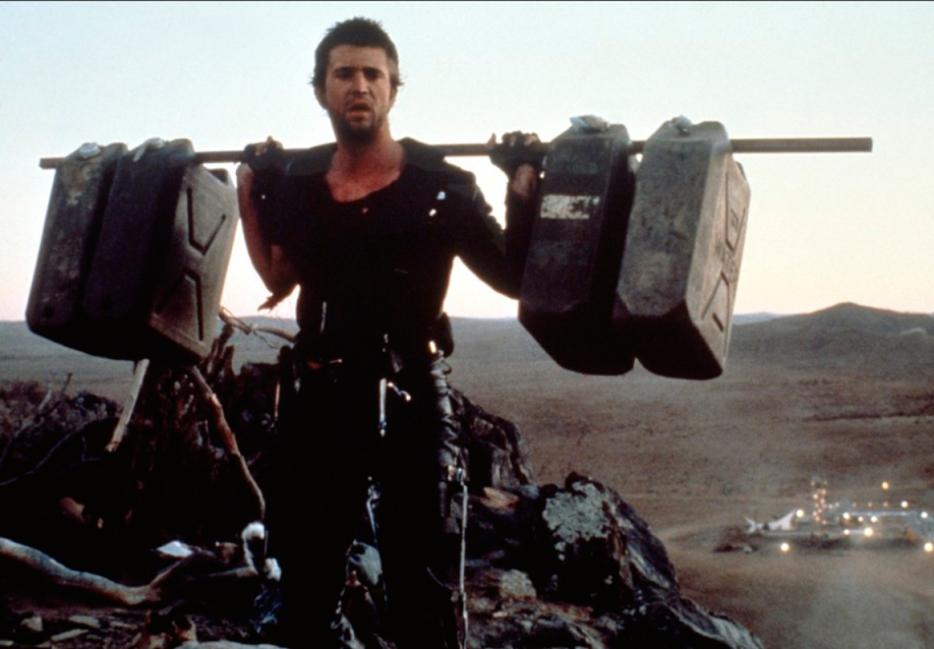On Friday, while America debated whether the Governor of New Jersey could conceivably be a jerk, and Toronto City Council debated whether and how to ask someone else for money, the people of Charleston, West Virginia, were being told not to drink their tap water. Or cook with it. Or shower with it. And breathing deeply around it probably isn’t a good idea, either, thanks to a chemical spill. The immediate culprit is 4-Methylcyclohexane Methanol, which is used to wash coal of impurities. It’s safe to assume that if Fox News hasn’t yet blamed the Democrats for forcing power companies to burn coal less awfully, they will soon.
Walmart, not for the first time, became one of the more notable actors in the emergency. (Walmart receives and deserves its share of hate, but the corporate giant has a record of being a good citizen during emergencies. It’s all the other times we gripe about.) Like some Appalachian remake of Mad Max, a truck filled with bottled water had to be given an armed police escort so that the locals wouldn’t do what angry mobs do when they’re suddenly made aware of their precarious reliance on vulnerable networks. Like plumbing.
There’s plenty of potential blame to go around in a story like this. Rapacious capitalism seems present, in that the company that just dumped 4-Methylcyclohexane Methanol into the waters of West Virginia is named “Freedom Industries” and should probably have the rebranding consultants on speed dial right about now. Then there’s the general small-government approach of West Virginia when it comes to coal mines—this is, after all, a state where entire mountaintops are considered expendable to the coal industry’s needs.
But fault disperses even further than that: after all, West Virginians don’t work in coal mines for the fun of it. The US electricity sector still depends on coal, though it’s squeezing out the dirtiest of fuels faster than experts imagined possible even a few years ago. That just means that West Virginia is exporting coal overseas, because that’s where the demand is going. So who’s responsible? The chemical company? The coal miners? The consumers across international boundaries who pay for the stuff in the first place?
The unsatisfying answer is that the network is responsible—which ends up meaning everyone is responsible and nobody is. But networks function in other ways, as those picky drinkers in West Virginia are discovering about their tap water. They can be designed to be resilient, or they can be designed to be brittle, failing with little warning.
Which brings us back to that bottled water with the armed escort. We usually imagine a titanic, world-shattering struggle for oil or against zombies is what will suddenly force into a more primitive condition. The events of West Virginia in the last few days—and of train derailments and pipeline spills that are increasingly noticed, if not increasingly common—remind us that things don’t have to get savage to get tense, and that long before we get to world-ending war, we can all have a really bad day because someone at the chemical plant pressed the “don’t” button.





